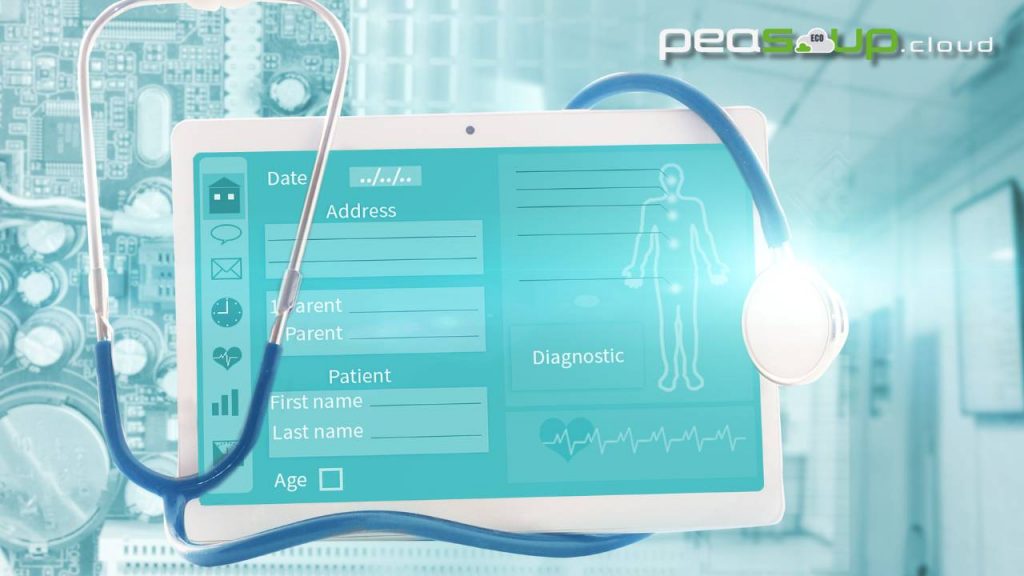How Cloud Computing is Transforming the Healthcare Industry
Cloud computing has made significant strides in healthcare, revolutionising patient care delivery and transforming the industry. The rise of cloud-based healthcare solutions has led to increased efficiency, enhanced collaboration, and improved patient outcomes.
Improved Patient Care
Cloud computing has enhanced patient care by enabling healthcare providers to access patient data from anywhere, anytime, and on any device. This improved accessibility allows providers to make informed decisions quickly and effectively. Electronic Health Records (EHRs) stored in the cloud provide a comprehensive view of a patient’s medical history, allergies, medications, and treatment plans, ensuring continuity of care.
Personalised Medicine
Cloud computing facilitates the collection and analysis of large amounts of patient data, enabling personalised medicine approaches. Advanced analytics techniques, such as machine learning and artificial intelligence (AI), can identify patterns and trends in patient data, enabling providers to tailor treatment plans to individual patient needs. This personalised approach leads to better patient outcomes and reduced healthcare costs.
Enhanced Collaboration
Cloud-based healthcare platforms facilitate collaboration among healthcare providers, enabling them to share patient data securely and efficiently. This collaboration breaks down silos between different departments and specialities, improving the coordination of care. Telemedicine applications, powered by cloud computing, allow doctors to consult with patients remotely, expanding access to care in underserved areas.
Scalability and Cost-Effectiveness
Cloud computing offers scalability and cost-effectiveness for healthcare organisations. Cloud providers handle the infrastructure and maintenance, eliminating the need for healthcare organisations to invest in expensive IT infrastructure. This allows organisations to focus on their core competencies and patient care.
Telehealth and Remote Patient Monitoring
Cloud computing enables the development of telehealth solutions that allow patients to receive care from the comfort of their homes. Telemedicine consultations, remote patient monitoring, and virtual appointments have become increasingly popular, improving patient access to care and reducing hospital readmissions.
Clinical Research and Drug Discovery
Cloud computing plays a crucial role in clinical research, facilitating data sharing and collaboration among researchers worldwide. Cloud-based platforms enable researchers to access and analyse large datasets, leading to faster drug discovery and development of new treatments.
Data Security and Privacy
Cloud computing providers employ robust security measures to protect sensitive patient data. Cloud-based healthcare solutions adhere to strict data privacy regulations, ensuring patient confidentiality. Encryption, access controls, and intrusion detection systems safeguard patient information from unauthorised access and breaches.
The Future of Cloud Computing in Healthcare
Cloud computing is poised to continue revolutionising healthcare, enabling further advancements in patient care, personalised medicine, and clinical research. As cloud technology matures and adoption increases, healthcare organisations will reap the benefits of improved efficiency, enhanced collaboration, and better patient outcomes. Cloud computing will play a pivotal role in shaping the future of healthcare, transforming how care is delivered and improving patient lives worldwide.
—
In conclusion, cloud computing has revolutionised the healthcare industry, enabling improved patient care, enhanced collaboration, and personalised medicine. As cloud technology continues to evolve, healthcare organisations will continue to reap the benefits of this transformative technology, leading to better patient outcomes and a more efficient healthcare system.

